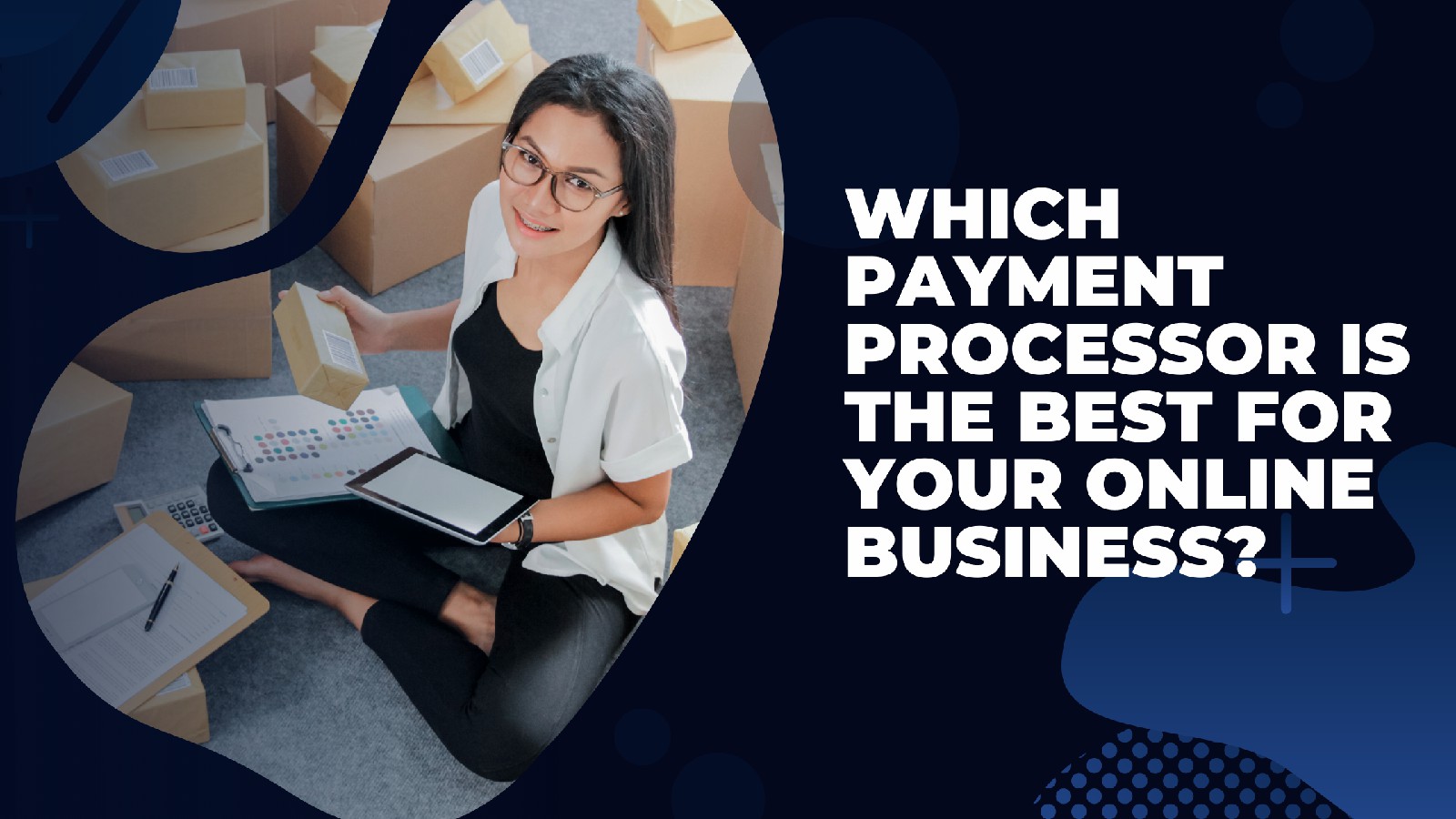Building your online business is only the beginning – having a website is not enough anymore. You must be able to accept payments, which can be painful if you don’t know what payment processors are compatible with your business model. There are many payment processors in the market, each offering different features and services. But, not all of them are the same. Some of them offer great features at a low cost, and some offer a wide range of options at an affordable price. Those big, scary questions may become things of the past after you read this article to find out which payment processor is the best for your business. The best payment processor should be able to provide the following:
1. Security
Each processor has different security measures to protect against fraud and data theft. Some will also provide insurance coverage if something happens, while others provide tools that help prevent fraud altogether through unique authentication methods like tokenization and encryption technology.
2. Lower Transaction fees
The transaction fee is the cost your payment processing company charges for processing a transaction. The fee is usually a percentage of the total sale amount. For example, a 2% fee would be charged on all transactions.
The lower the fees for maximum features, the better it is for your organization.
3. No Hidden Fees
One of the biggest challenges faced by many businesses is hidden fees. This can be very frustrating for both the seller and buyer, and it can also lead to loss of business which is why it is important to choose a payment processor that does not charge any hidden fees. Choose a payment processor that charges only for what they offer and not anything else.
4. Scalability
When it comes to e-Commerce, it’s all about scalability. When the number of sales increases, the number of orders will also increase; if you don’t have a scalable solution for handling large volumes of orders, you will lose customers and money because of system failures. A good payment processor should have a scalable solution for handling large volumes of orders without any downtime or errors in payment processing.
5. Customer Support
When deciding on a payment processor, you want to look at the customer support they offer. You want to get in touch with someone who can help you out if you have any questions or concerns. You also want to ensure that they have a good track record for answering emails and phone calls promptly.
6. Fast Payments In Your Bank Account
The second thing you should consider is how quickly your funds are available after processing an order. For example, some companies take up to 4 days before depositing money into your account. That’s unacceptable if you’re trying to run a business and pay employees. You want the money deposited as soon as possible so you can reinvest it into growing your business or taking care of other expenses without waiting for the money to come in.
7. PCI Compliance
The Payment Card Industry Data Security Standard (PCI DSS) dictates what steps need to be taken to secure customer data. If your business processes credit cards, it must comply with these rules. So when looking at payment processors, make sure they are PCI DSS compliant, so you’re not risking your customers’ personal information.
8. Checkout Experience
The checkout process needs to be seamless and simple. It should not take the customer more than a few seconds to complete the payment process. The ideal checkout experience would be a one-click solution. Also, it is essential that no matter what device your customers use, they should be able to complete the purchase without any difficulties.
Conclusion: Your payment processor should be secure, affordable, reliable, and easy to use.
Indeed, choosing the best payment processing system can be challenging, as finding a perfect match is always tricky. The above qualities will help you define the ideal processor for your business needs. If you need more information, don’t hesitate to connect PaymentPilot Experts today and start building an empire online.


